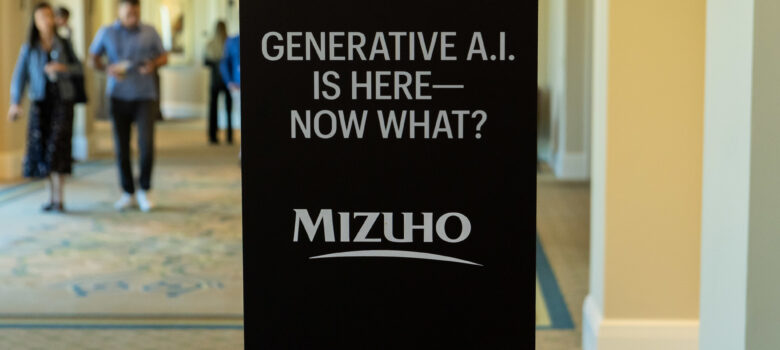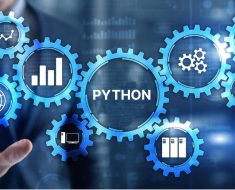
FORTUNE Brainstorm Tech 2023 by Fortune Brainstorm TECHFollow https://flic.kr/p/2oP49cR CC BY-NC-ND
The government’s consultation on copyright and generative AI closed last week. The submissions are not yet public, but I am pleased to post my submission, which focused on an exception for text and data mining, the inclusion of copyrighted works in large language models, and the copyright implications of outputs from generative AI systems. My submission noted that the consultation raises several questions related to generative AI and copyright. I focused on three:
(1) Should Canada proceed with a text and data mining exception as recommended in the 2019 Copyright Act review?
(2) Should Canada introduce legislative reforms to address the use of copyright works in large language models (LLMs) that are central to the development of generative AI technologies?
(3) Should Canada introduce legislative reforms to address copyright-related questions arising from the outputs of generative AI systems?
My submission argues as follows:
1. Introducing a text and data mining exception into Canadian copyright law is long overdue and should proceed as a copyright reform priority. Similar provisions are widely used in other jurisdictions. Proceeding with the exception would ensure that Canada implements a copyright framework for AI that encourages innovation and investment while also providing appropriate protections for creators.
2. It is premature to introduce legislative reforms on the use of copyright works within LLMs. While there are both technical and copyright related issues related to LLMs, the copyright issue is currently before courts around the world in multiple cases that raise questions related to inclusion of copyrighted works within LLMs, whether such use constitutes infringement, and the potential application of limitations and exceptions. Given that these issues should become clearer as those cases progress, the government should maintain a watching brief to determine how the cases before the courts develop, whether market-based licensing alternatives emerge, and how the technology adjusts to reflect copyright-related concerns.
3. It is similarly premature to introduce legislative reforms to address the outputs of generative AI systems. While many have expressed concerns about the occasional similarities between generative AI outputs and copyrighted works that may have been included within LLMs, a deeper dive into the technology suggests that infringement is very rare. The courts will again be called upon to examine these claims and the government should await those outcomes before proceeding with any potential legislative reforms.
I also noted that the next statutorily mandated Copyright Act review is due. Before proceeding with any reforms, it would be useful to conduct an assessment of the implementation of the recommendations from the last review conducted by the Standing Committee on Industry, Science and Technology and scope out a future review to update on outstanding issues and address emerging ones such as generative AI.


